How Public School Websites Capture Student Data and Ways to Stop It

I think there's an issue with my storage device, but I'm not sure
Start a free evaluationA large part of protecting data is minimizing who has access to it. You might already know that when we visit websites it contains tracking software, which uses scripts to embed computer code onto your browser. In turn, it’s like your digital shadow, following you around the internet. The same applies to public school websites, where students' data is up for sale.
Why Do They Collect Student Data?
The New York Times reports of a study conducted by Douglas Levin, an expert on educational technology. During his study, he discovered that some public school websites had as many as 22 trackers on them. In fact, when he reviewed websites from a wide range of 159 public schools, he found all but one of them contained tracking tools.First, it’s important to understand the tracking tools. Some are designed to optimize the school’s website by logging page visits, broken page links, and more. This data is invaluable as it can help whoever designed that website to fix the problems to make it more user-friendly.Unfortunately, this is only one part of the equation. Another aspect is behavioral targeting; this is where a website embeds cookies on your browser to follow you around. It collects this data then sells it to a third-party. A common example of this is shopping on Amazon for a specific product, then seeing that item advertised on another website later. It’s kind of creepy but that’s only the tip of the iceberg.

See when websites collect student data, they sell them to third-parties who can do what they want with it. They can repackage it and sell it to someone else. In a study done by Fordham University’s Center on Law and Information Policy, it found that student lists are available to purchase on the basis of a variety of factors including religion, lifestyle, and more. That’s super creepy.Meanwhile, the New York Times reports third-parties could embed the website with trackers the school doesn’t know about. Therefore, what started as a simple tool expands into a funnel whereby many people could have access to student data easily. And this exposure does nothing to protect your security.
How Do I Stop It?
The goal is to create layers that make it harder for websites to track you. Anti-spyware software is a great avenue to go since it prevents malicious advertising from embedding code into your browser. Malwarebytes have some excellent products to help you in this regard.Along with shielding yourself and your children from advertisers, it can also protect your data. Keep in mind it isn’t uncommon for malicious advertising to contain malware. This is where you receive a pop-up ad or email prompting you to click a link, and if you comply, your device’s files could be at stake.If this ever happens to you, rest assured we can help. Our team at SalvageData knows how to extract your files even from a corrupted device. Moreover, you’ll find our services to be fast, secure, and affordable. Contact us today to learn more!
Related services
These are the most commonly requested data recovery services. At our headquarters' cleanroom lab, our certified engineers conduct a thorough review of any type of physical storage device, determining if there is logical or physical damage and carefully restoring all of the lost files.ces.

External Drive Data Recovery
We recover data from both external SSD and HDD drives. Rely on certified experts to restore your important files from damaged or corrupted external drives.
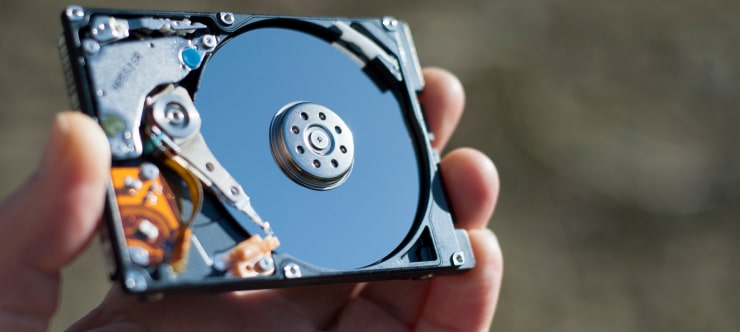
Hard Drive Data Recovery
Recover data from all brands of HDD, PC hard drives, and hybrid disks. Our specialists ensure fast and secure recovery for any data loss scenario.
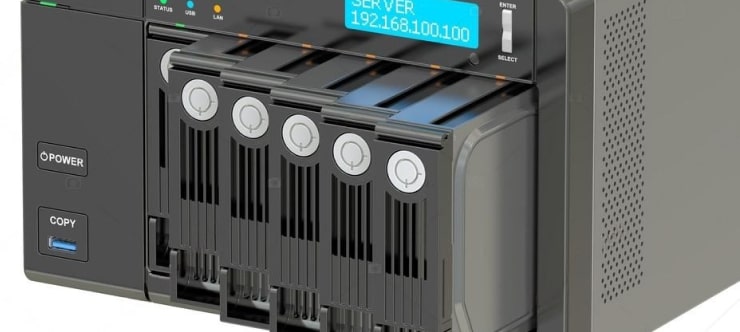
NAS Data Recovery
Recover data from NAS devices, including RAID configurations. Our team handles all types of NAS systems and ensures data recovery with minimal downtime.
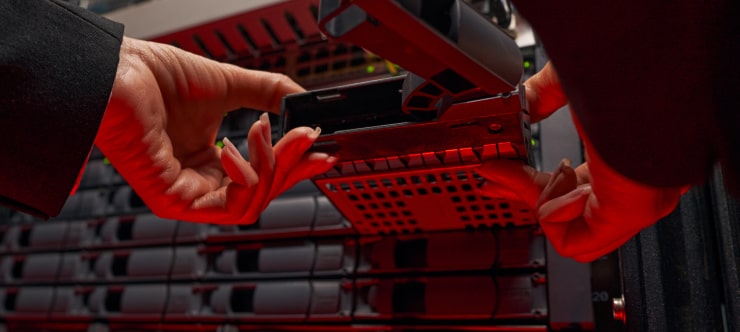
RAID Data Recovery
Our RAID data recovery services cover RAID 0, 1, 5, 10, and other configurations. We offer expert solutions for failed, degraded, or corrupted RAID arrays.
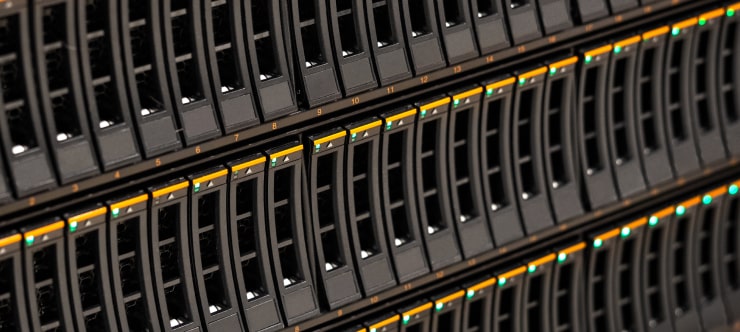
SAN Data Recovery
Our team specializes in handling SAN devices from leading manufacturers like Dell EMC, HP, and IBM, ensuring efficient recovery with minimal disruption to your operations.
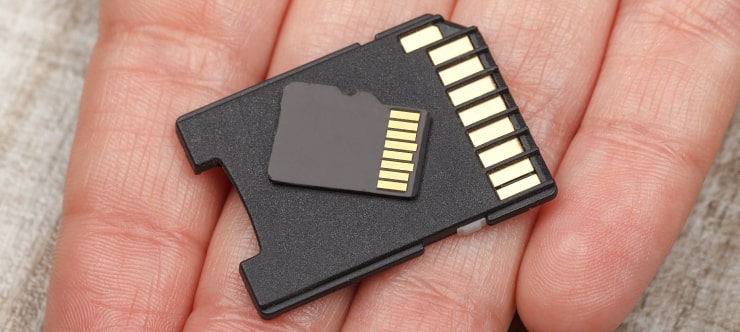
SD Card Data Recovery
Our recovery experts specialize in restoring data from SD and memory cards. We guarantee quick recovery with a no-data, no-charge policy.
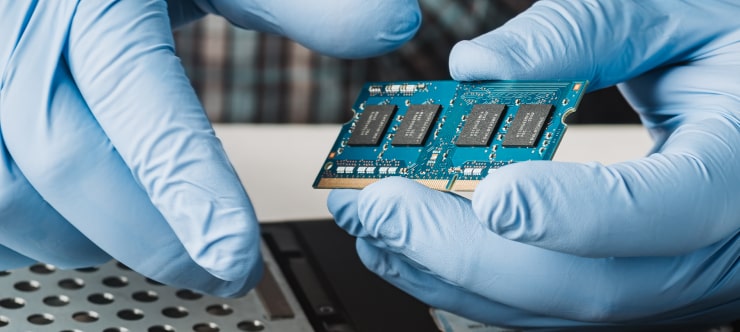
SSD Data Recovery
Our data recovery experts handle all SSD data loss scenarios with advanced tools, ensuring maximum recovery with high-security protocols.
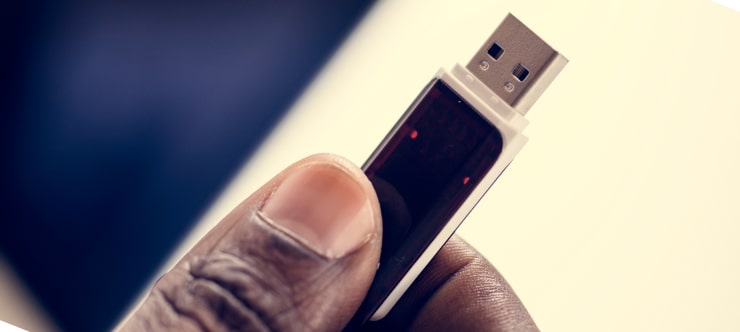
USB Flash Drive Data Recovery
Recover lost data from USB flash drives, regardless of the damage or brand. We offer free in-lab evaluations to assess data recovery needs.
If you’re unsure about which data recovery service to choose, let our team assist you in selecting the appropriate solutions. We understand the anxiety that comes with a sudden drive failure, and we are more prompt in our actions compared to other recovery service providers.



